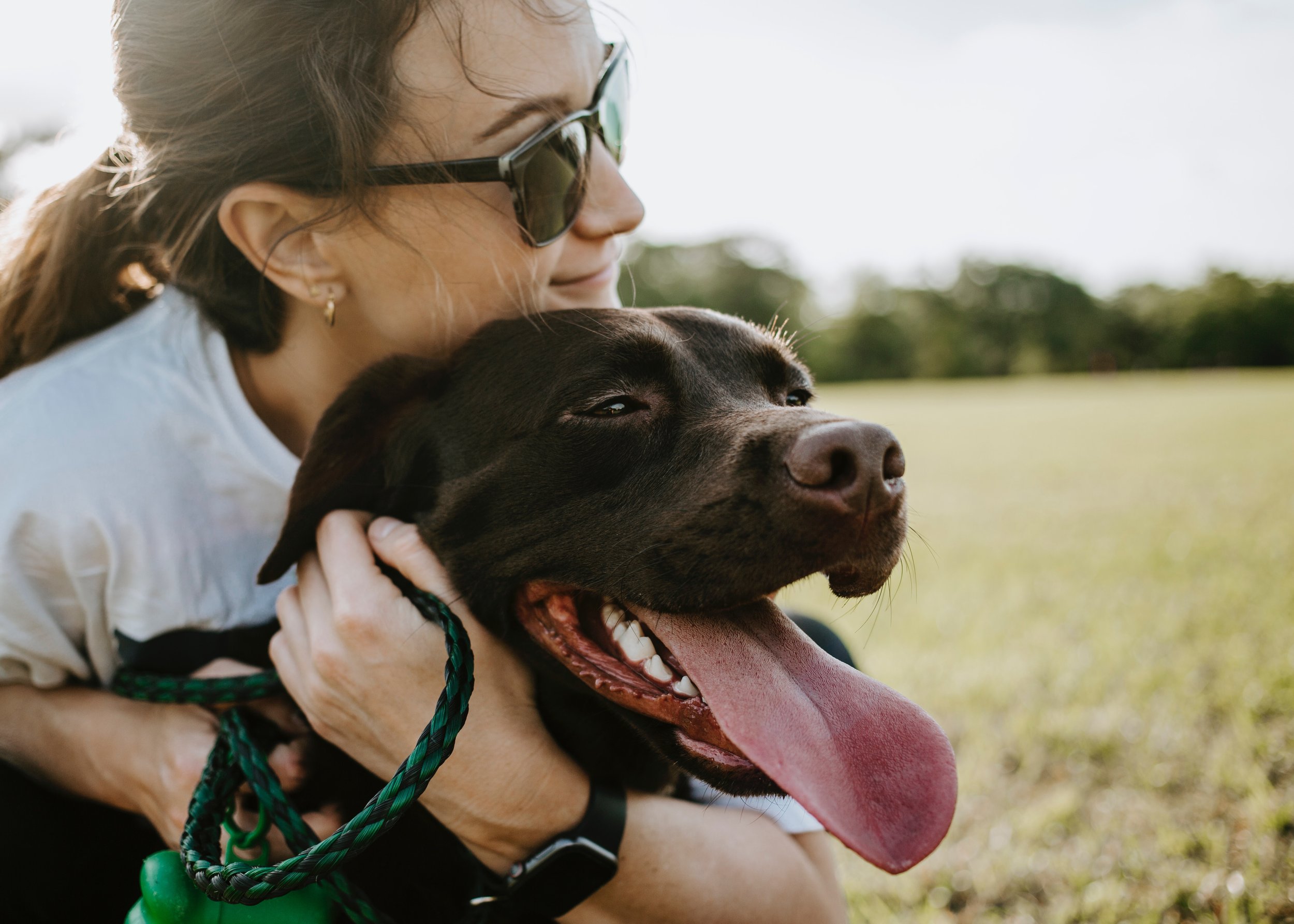6 Ways to Get Your Dog to Stop Barking
I never want to say anything disparaging about my dog because she’s a very good girl. Also, I’m concerned that she will read this and want to enact revenge. But, I’ll be transparent – I have a barker on my hands. She’s extremely vocal, especially when anyone is remotely near our house.
Now, I find the sound of her voice beautiful because she is an angel. However, I know that a majority of my neighbors have other thoughts. Here are some ways that I have successfully stopped my dog from barking as much as she would like to.
Remove the Stimulus
Photo by Roberto Nickson on Unsplash
As I mentioned, my dog gets very heated if she sees anyone outside. When she starts barking, I take away her window privileges by shutting the curtains. Now, my dog thinks this is cruel and unusual punishment because she loves window time. Don’t worry – I eventually let her look outside again. And the cycle repeats itself.
Don’t Give Your Dog Attention
Photo by Bill Stephan on Unsplash
Sometimes my dog starts barking because she’s at her wits end with me. And frankly, I can’t blame her – I can be a lot.
I have found that by ignoring her, she will eventually tire herself out. After about five minutes or so, she will go over to her mountain of toys – did I mention she’s spoiled – and nibble on one as a form of self-soothing.
Don’t Yell or Punish Your Pup
Photo by Wade Austin Ellis on Unsplash
A good rule of thumb is to not yell or punish your pup for bad behaviors, including barking. According to You Magazine, raising your voice at your furry friend can negatively impact their mental health. The publication reported that “research conducted by the University of Porto demonstrated that shouting at your dog and using ‘punishment-based training’ could make them depressed in the long-term.”
So even though my dog feels free to yell at me, I will never shout at her. After all, the last thing I want to do is make her feel depressed – she has enough problems as it is. Like the fact that she’s only allowed one Greenie a week because of her vet-mandated diet.
Use Positive Reinforcement
According to the VCA Animal Hospital, using positive reinforcement, which is “anything that is added that increases the likelihood that a behavior will be repeated,” can do wonders when training your dog. For instance, when my furry friend has remained quiet for about 30 minutes after a bout of barking, she is rewarded by either a long walk or a rousing game of tug and war with her favorite toy, an elephant named Timothy Olyphant. (She’s a massive fan of the 2006 hit movie, “Catch and Release.”) Trainers have also recommended giving dogs treats as a form of positive reinforcement. Unfortunately, due to her diet – which she thinks is unnecessary and stupid – treats are just not in the cards for my canine companion.
Find a Trainer
Photo by Jamie Street on Unsplash
I have not yet gotten to the point where I think it’s necessary for my dog to go to a trainer. However, if your dog’s barking is incessant and you cannot find any peace, it may be in your best interest to hire a professional. The Best Friend Animal Society recommends not being afraid to ask trainers about their certifications, their experience level, and what methods they use so you can find someone suitable for your dog’s specific needs.





